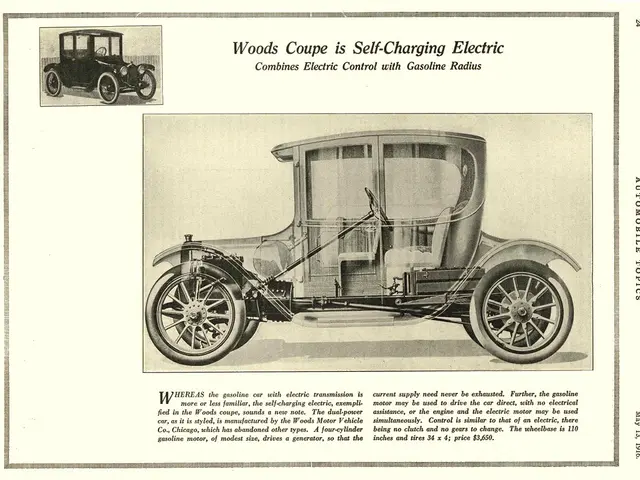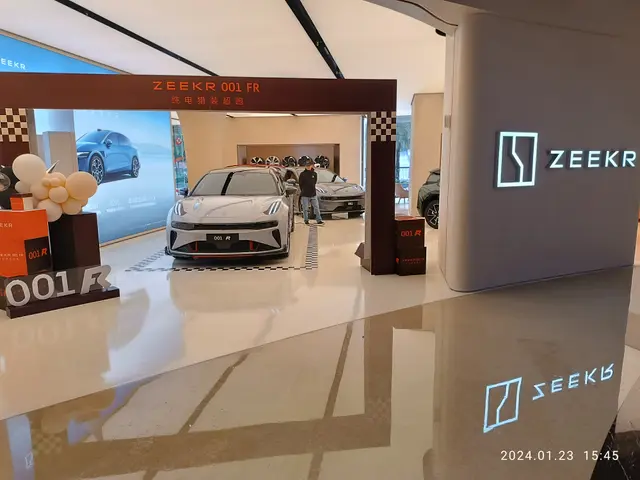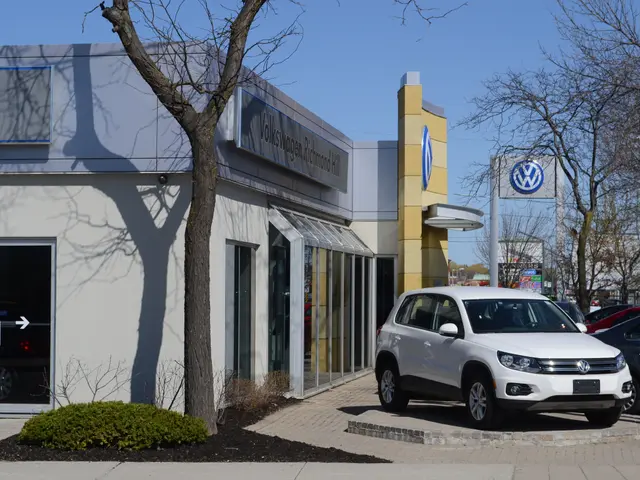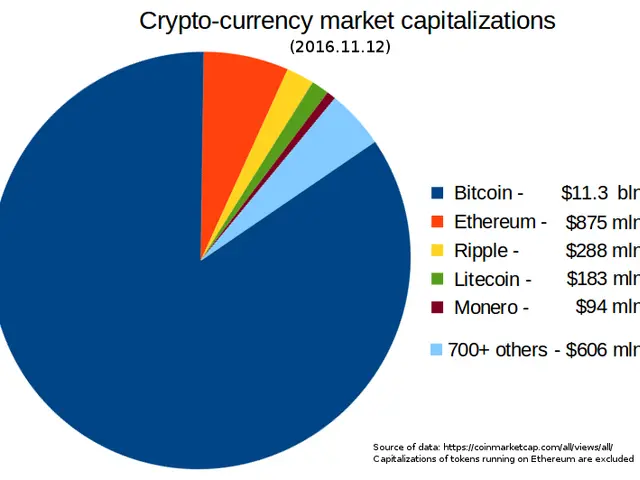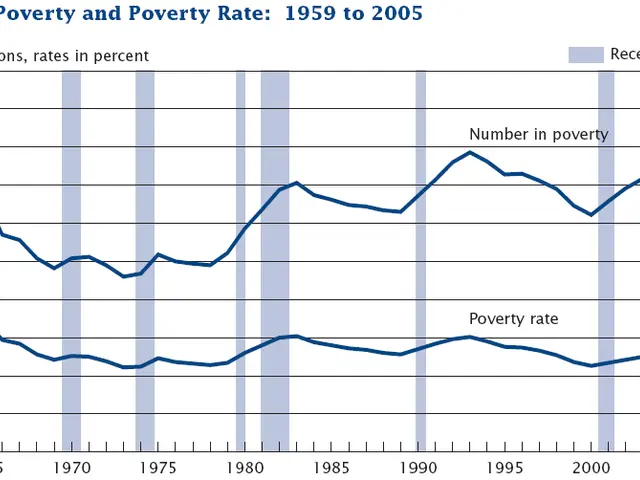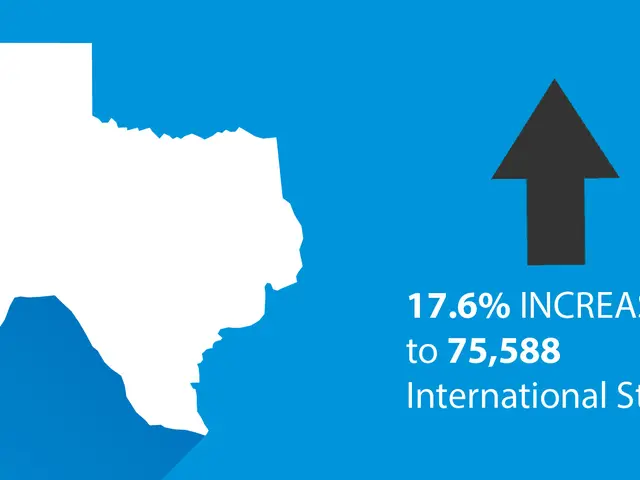Revitalizing Railways: A Joint Venture by Germany and Poland
Germany and Poland pursue plans to extend railway networks - Germany and Poland will extend their rail network.
Let's dive into the exciting plans Germany and Poland have cooked up for their rail networks - and it ain't just about smoother rides to your favorite tourist spots, buddy! These bad boys are strategically designed to improve NATO's infrastructure, preparing for potential conflicts. Ever felt the old-school vibe of railways ending at the Elbe? Well, that's about to change, because they're aiming to end them at the Bug - Poland's east border, round the clock!
Polish Prime Minister, Donald Tusk, recalls the days when infrastructure used to halt there, and he's totally on board with moving things forward, as he declared at a joint press conference with Germany's Chancellor, Friedrich Merz, in Warsaw. "We need to progress and not get stuck, like the trains back in the day," he noted, stressing the need for strong collaboration.
Friedrich didn't disappoint, expressing shared enthusiasm for better infrastructure between the nations. Not just the old west, but the east too! As part of the coalition agreement, he's all guns blazing for high-speed rail connections to Stettin and inner sanctum - Warsaw, turning it as usual as hopping a train to Brussels or Paris. Sounds like a hoot, eh? "You can bet I'm determined we'll make it happen," he declared emphatically.
Well, with such transport connections, wars couldn't be fought faster, with tanks and heavy weapons zipping back and forth like a bunch of wild rollercoasters!
- Rail Networks Revamp
- Eastward Expansion
- Stettin and Warsaw
- Donald Tusk
- Friedrich Merz
- Elbe
- Paris
- Eastern Poland
Now, lemme share a secret - well-developed rail networks aren't just about whisking soldiers and ammunition across countries in record time. They're gonna provide a golden opportunity to enhance Natty (NATO) infrastructure, baby!
Reaping the Benefits of Enhanced Rail Networks
- Economic Expansion: Smoother transportation means easier commerce, leading to increased economic cooperation and regional integration.
- Increased Autonomy: By developing a Poland-centric hub like CPK, Poland aims to loosen the grip of Western European transport networks and German rail, asserting its own strategic importance.
- Booming Economy: The revamped networks and CPK project are expected to trigger economic growth and international collaboration, forming a central transportation hub.
Potential Impact on NATO Infrastructure
- Improved Logistics: Boosting rail links can strengthen NATO's logistical capabilities, enabling easier movement of troops and equipment.
- Stability in the Region: Improved infrastructure and economic integration can contribute to regional stability, crucial for NATO's strategic objectives in Central and Eastern Europe.
- Effective Deployment: Upgraded rail networks can support NATO's military operations by offering efficient, reliable transportation corridors for swift deployment and response times.
Hold on tight, folks! Current infrastructure quirks like our lack of electrical rail lines are posing some challenges. But with grit, determination, and some hard-earned cash, we're gonna overcome 'em! So let's cement those rails and hop on board the partnership train!
- The collaboration between Germany and Poland aims to enhance NATO's infrastructure, particularly through revitalizing rail networks, not only for smoother transportation but also to provide vocational training opportunities in the automotive and related industries, ensuring financial stability and economic growth.
- To foster regional stability and effective deployment of troops, the improved rail network will offer increased autonomy for Poland, ending at the Bug (Eastern Poland), and will connect cities like Stettin and Warsaw, thereby strengthening logistics within NATO and contributing to its strategic objectives.

